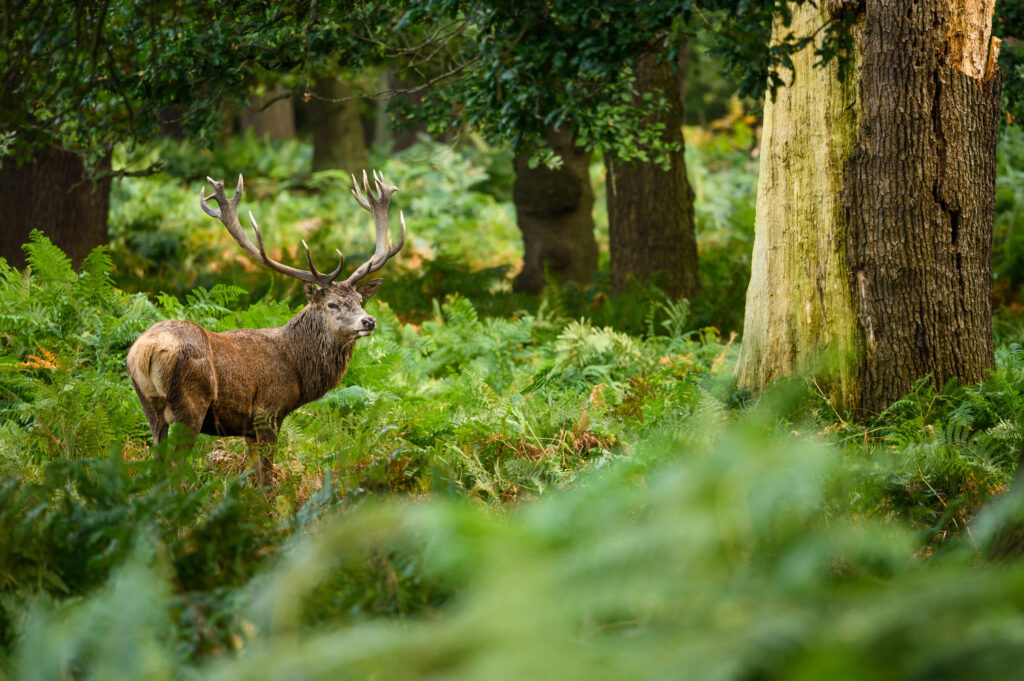Wild Venison a Climate Friendly Alternative to Beef
Venison: The Sustainable Red Meat
Wild venison is emerging as a sustainable alternative to beef, with growing attention on its lower environmental footprint and strong market potential.
Why it matters
For wholesalers, processors and exporters, shifting demand towards wild venison could open fresh opportunities. The meat is lean, high in protein, and sourced from deer that already need managing in the UK countryside. Unlike beef, no extra farmland or feed inputs are required, reducing pressure on land use and supply chains.

Market/Context
The UK deer population has expanded significantly in recent decades, putting pressure on woodlands and farmland. Culling is necessary for ecological balance, yet much of the venison has historically gone under-utilised. Industry experts note that replacing a portion of beef consumption with wild venison could help lower greenhouse gas emissions from livestock farming. Venison has fewer food miles when sourced locally, and offers wholesalers a premium product to position with sustainability-minded buyers. Export demand is also rising, particularly in Europe and Asia, where game meat is prized for both flavour and health benefits.
What to watch
Supply consistency remains a challenge, as wild venison depends on seasonal culls. Investment in cold storage, processing facilities and consumer education will be key for growth. Traders should also monitor evolving consumer tastes, with sustainability increasingly influencing purchasing decisions in retail and foodservice sectors.
Source: BBC Future, 3 September 2025.